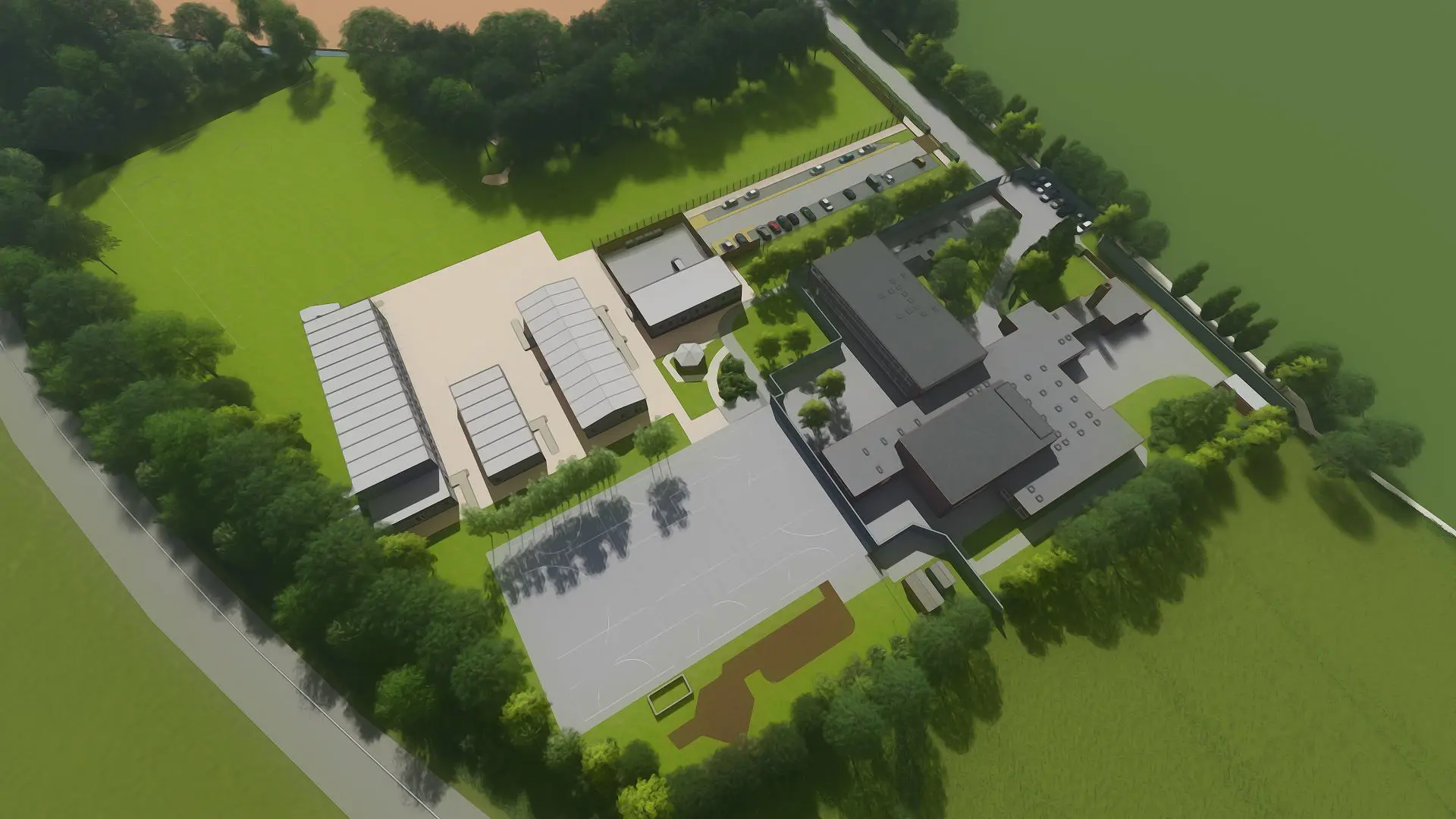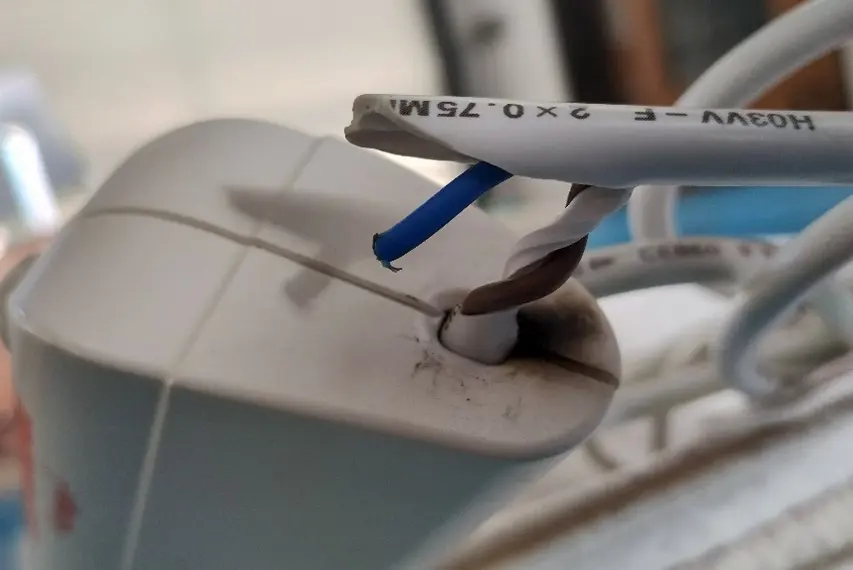Surface dressing
'Surface dressing' is a low cost way of restoring road surfaces. It involves spraying a coating of bitumen (a tar-like substance) onto the road surface followed by one or more layers of hard stone chippings. As the bitumen sets, the chippings stick to the road surface and are further embedded by rolling in.
In Nottinghamshire, approximately 600,000 square metres of road are surface-dressed each year between May and September, when weather conditions are best. It takes two or three days for the dressing to settle down and vehicles running carefully on the surface help it to compact.
Benefits
- provides a good resistance to skidding on smooth or slippery roads
- prevents water from seeping into the road foundation and weakening it, reducing the chances of potholes developing and delaying the need for complete rebuilding of a road
- up to ten times cheaper than other methods of restoring road surfaces
- traffic can be allowed to run on the new surface almost immediately, avoiding lengthy closures and disruption
- speed with which it can be laid reduces delays to traffic.
Things to consider
- drivers need to travel very slowly on the newly laid surface to prevent chippings being dislodged
- inconsiderate drivers travelling above the recommended speed cause chippings to be thrown up which can damage other vehicles and property.
What we will do
- give advance notice of works to residents and drivers wherever possible
- provide advisory and warning signs from the time we start work to the time when the road is ready for normal use
- sweep the road and footpaths to remove loose chippings.
- ensure that the work is carried out to a high standard
- minimise hazards and disruption to traffic through correct use of traffic control
- ensure that any complaints are investigated and appropriate action taken.
What you can do
- ensure that your vehicle is not left on the road which is to be treated
- try to avoid inviting visitors or arranging deliveries when work is to take place
- keep to the recommended speed limit on recently treated roads
- never overtake on a newly treated surface.








